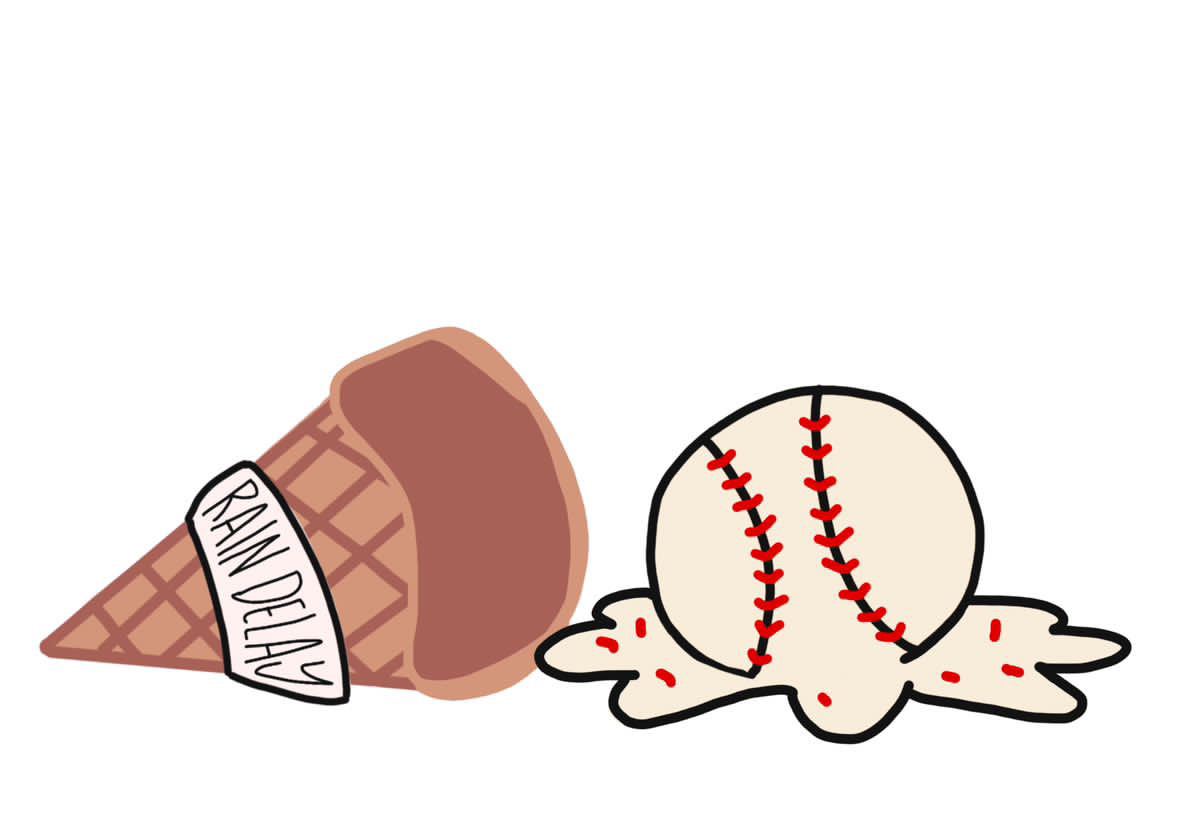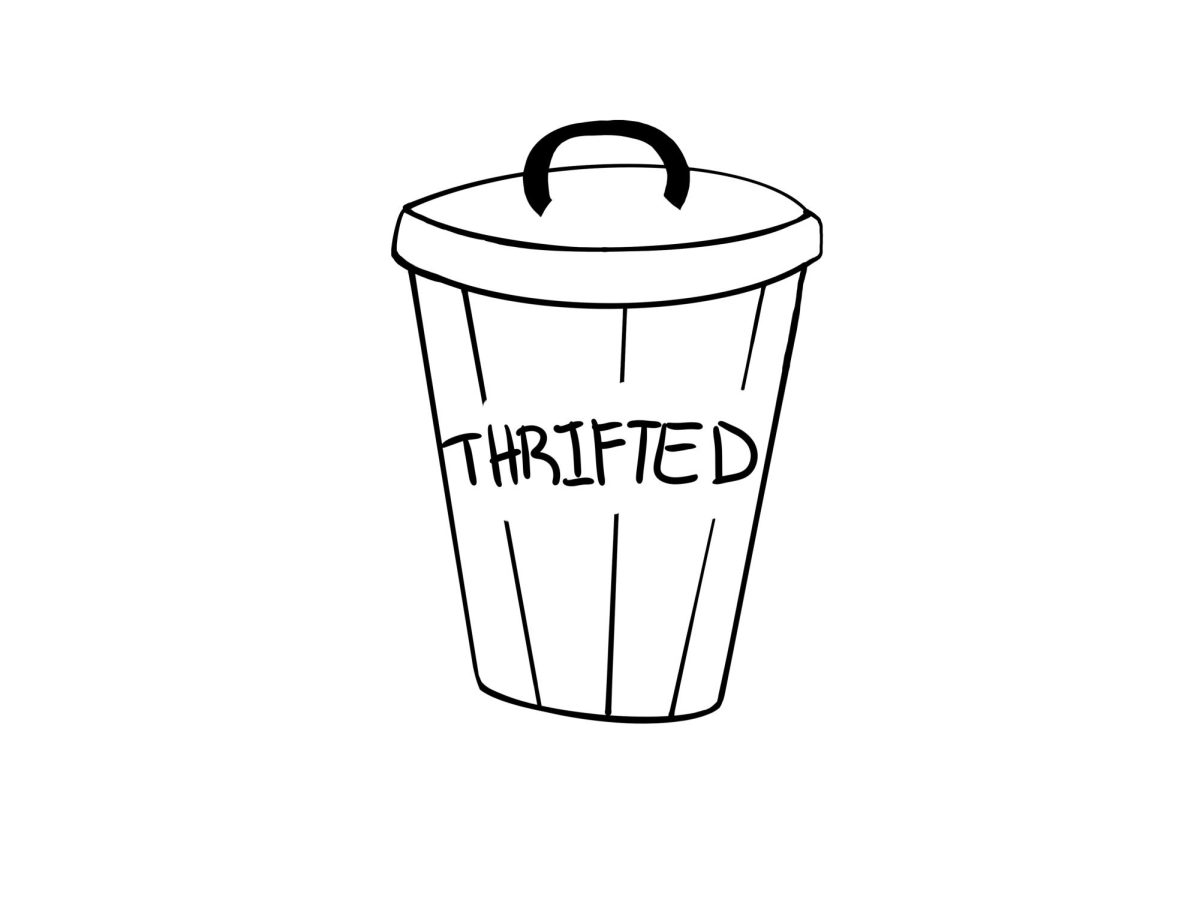Within the last year, I’ve learned more about the current issues surrounding gender identity than any academic subject I’m required to study in school. I was thrown for a loop when someone very close to me came out as transgender, and while I was extremely proud of her, I found myself lacking in knowledge about what she and other members of the LGBTQ+ community were going through.

I’d always considered myself an advocate for equality, but it wasn’t until I became personally connected to someone facing a world that was arguably against her that I truly became aware of the current debates surrounding equality for the LGBTQ+ community. I educated myself through online research, books and articles because I knew no one else was going to come along and teach me. When I finally felt like I understood the topic, I realized how many meaningful, relevant conversations I was missing out on simply because I didn’t know about issues the transgender community faces.
When I told someone about my family member’s transition, they responded with, “That’s great, I don’t really support it, but I’m not necessarily against it. I just don’t know enough to stick my head where it doesn’t belong.”
An honest response, but an irresponsible one. The minute they said that, our conversation was over, as they had no way of continuing because they lacked knowledge on the subject.
I understand that speaking on a topic you know nothing about is something most want to avoid, but as a member of our society, it’s your responsibility to know about current issues, especially ones that affect such vast amounts of people. According to a study by Williams Institute, more than 12.9 million teens and adults in the U.S. identify as lesbian, gay, bisexual, and/or transgender. If everyone feels they don’t need to know about issues that they believe don’t directly affect them, then conversation is impossible. And when conversation is inhibited, progress cannot be made.
A survey by National Geographic demonstrated a shocking inadequacy in the awareness level of young people regarding world issues. A quiz consisting of 75 questions about geography, trade, current events and economics was administered to 1,203 young adults between the ages of 18 and 26. All 1,203 test-takers had attended or were currently attending a two or four-year college, yet the average score for the quiz was 55 percent, a failing grade.
Whether or not schools should incorporate current events or politics into standard curriculum has been widely debated. For the most part, schools continue to keep politics and news out of class. In a recent Bark survey, 57 percent of students self-reported that they believe schools don’t teach current world issues enough. This debate about curriculum will not stop any time soon, but in the meantime, the world continues to face new issues every day. Since schools don’t consider current issues a necessary part of common curriculum, it is the responsibility of the individual to educate themselves on their own time.
Some may argue that young people shouldn’t be subjected to the harsh reality of the problems our world faces, promoting the idea that “ignorance is bliss.” It’s true that exposing adolescents to the concepts of mass shootings and modern warfare can be scary, but at what point do we start treating these sheltered kids as the future leaders, voters, teachers and opinionated individuals that they will grow up to be? Clinical psychologist and psychoanalyst Jennifer Kunst, Ph.D. says that sheltering young people from the world can do more harm than good for adolescents.
“The less awareness one has as a child, the greater the bliss but also the greater the anxiety. Lacking the big picture, you have no idea what is going on,” Kunst said in an article from Psychology Today.
While it’s not pleasant for anyone to discuss horrific events such as murders, political dictatorships and genocides, the knowledge of the events of history and modern day are necessary for the progress and safety of the young generation. If a generation doesn’t know or understand the causes of tragedies such as the Holocaust, how will they be able to identify the causes and prevent another mass genocide from happening in the future?
According to the Nation’s Report Card, recent test scores of U.S. students show a clear decline in above-average knowledge of U.S. history as students age through grade school, with 20 percent of fourth graders being at or above proficient, then declining to 18 percent of eighth graders at that level and finally dropping to a mere 12 percent of 12th graders being proficient in U.S. history. When the younger generations keep themselves in the dark about the news, they are doing a disservice not only to themselves, but to those involved and directly affected by different issues. They limit themselves from having conversations, and when they do, they’re unable to contribute a valuable point of view, therefore remaining neutral and ignorant. When the conversations stop, solutions can never be reached. It’s a snowball effect: the less you know, the less you can contribute to ongoing conversations, and the less you contribute, the less others know, and so on. Eventually, the spread of ignorance will lead the world to an intellectual gridlock, so you might as well pick up a newspaper every now and then.

















